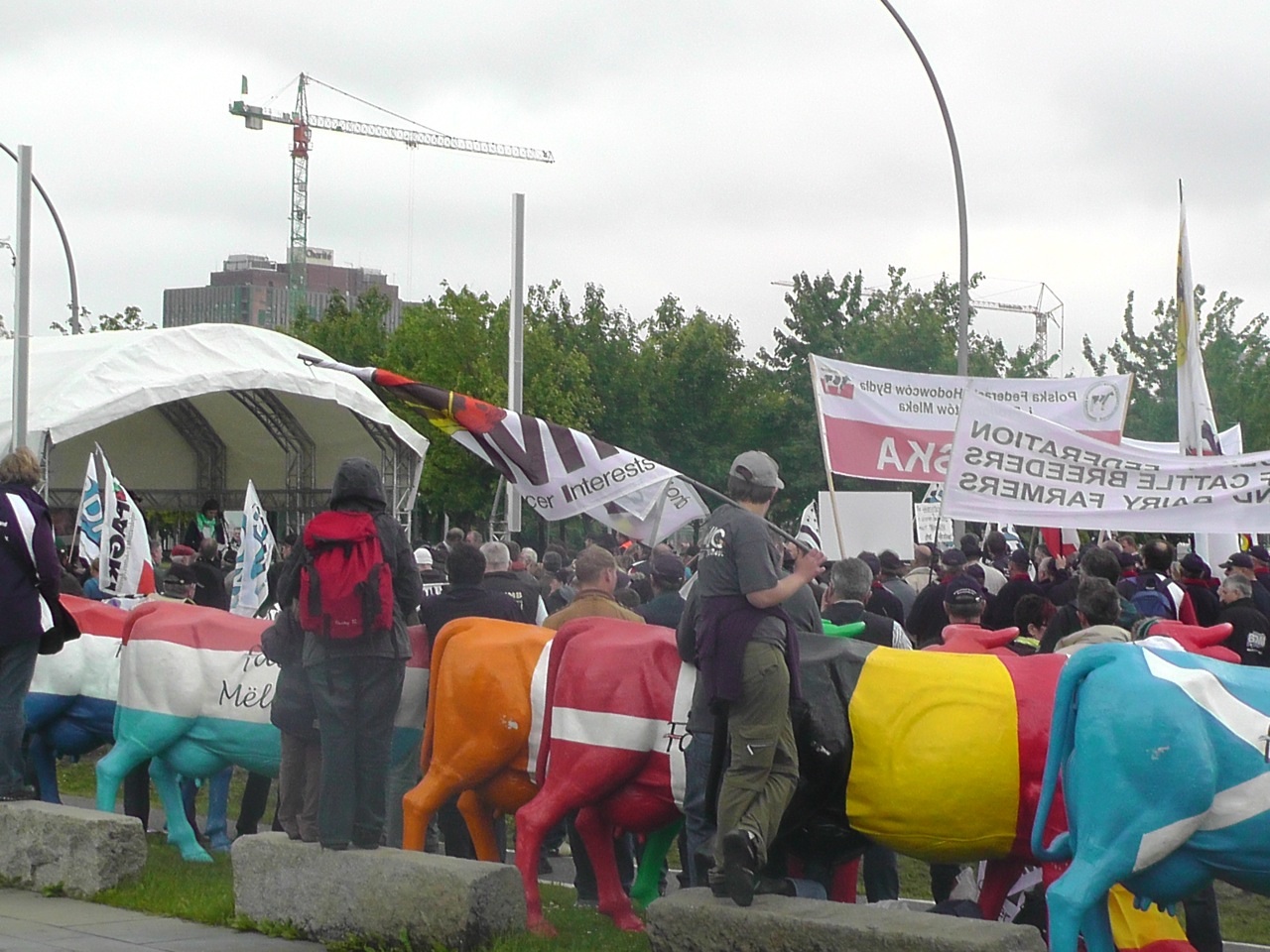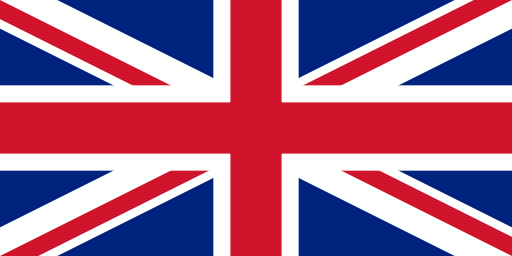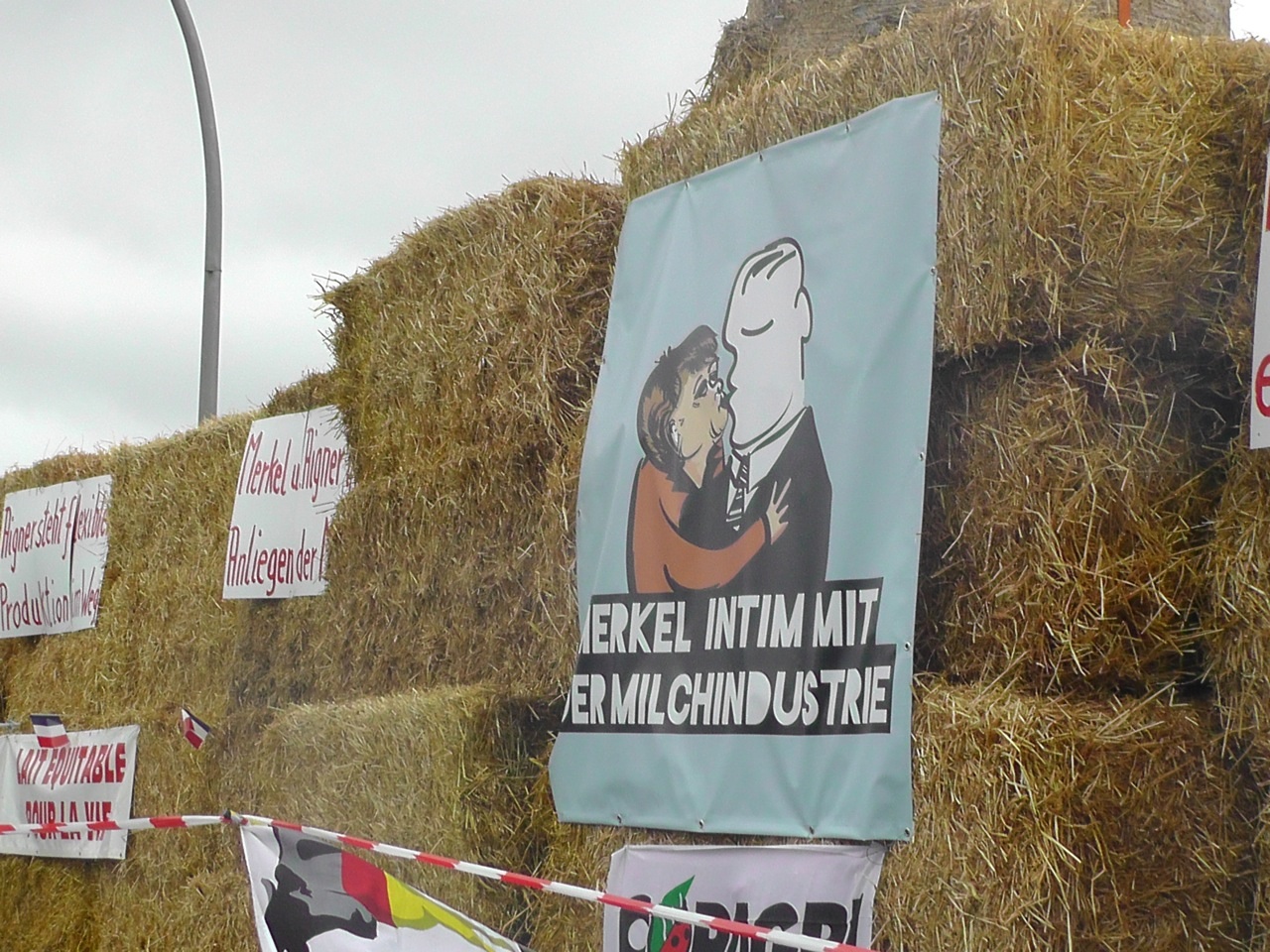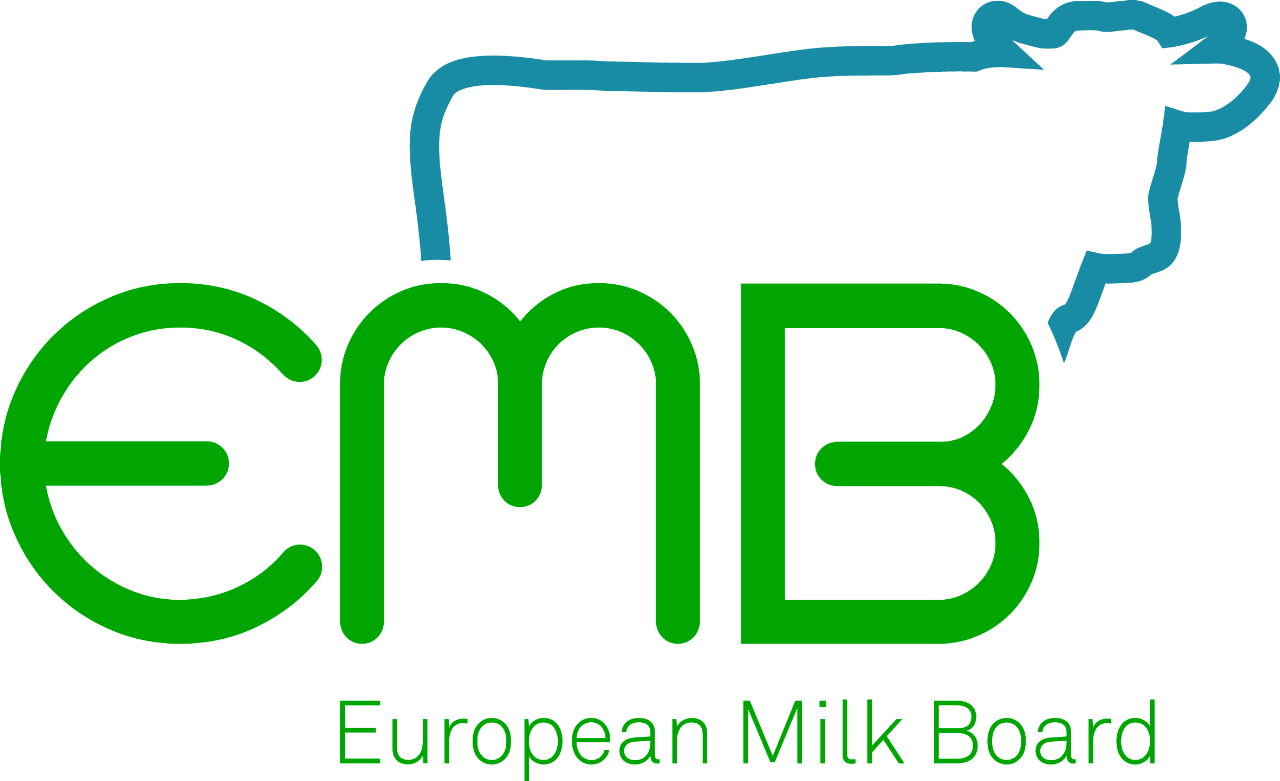EMB Newsletter June 2013
Newsletter as PDF
Contact
European Milk Board
Bahnhofstr. 31
D-59065 Hamm
Phone: 0049/2381/4360495
Fax: 0049/2381/4361153
E-Mail: office@europeanmilkboard.org
Website: http://www.europeanmilkboard.org
Newsletter as PDF
Contact
EMB - European Milk Board asbl
Rue de la Loi 155
B-1040 Bruxelles
Phone: +32 - 2808 - 1935
Fax: +32 - 2808 - 8265
Dear Dairy Farmers and Interested Parties,
Hundreds of members of the EMB protested in Berlin on 3 and 4 June because the German government does not represent farmers’ interests in Brussels and even blocks good proposals in the current reform of the CAP.
The main problem with the CAP reform continues to be that the EU wants a new kind of agriculture in which it leaves the sector to the market’s devices – "market orientation" they call it. However, in future producers will still be faced with numerous restrictions left over from the old system, such as the competition policy, which forbids producers from uniting to react to developments in the market. For instance, they are not allowed to call on farmers to cut production when surpluses threaten the market.
Yet the dairies have the right to conclude one-sided contracts that make it impossible for individual producers to react to market developments. These contracts oblige producers to supply a certain volume of milk within a specific period or otherwise pay steep penalties. Moreover, they are forced to supply C milk at world market prices, as their reference quantity will be reduced if they don’t. The result would be that, like in France and Switzerland, they would be supplying less and less milk each year. There is no mention of a minimum price.
In this scenario it is the primarily the German government that is obstructive when it comes to taking the requisite measures for strengthening the milk producers’ position in the food chain. The provision on voluntary production cuts is just one example. But the German government is not the only one being stubborn. Other influential member states also seem to serve trade and industry, whose interests they represent whereas they leave us farmers and consumers – whose interests should be paramount to them – in the lurch. This is how they abandon us to a culture of greed and avarice that has caused one of the worst economic crises in history.
What the EMB demands is for the producers to be given the right and opportunity to keep the milk market in balance in an organised way and prevent crises – crises it takes public money to overcome. Were the EMB’s proposal for a voluntary restriction on production to be implemented it would cost the taxpayer next to nothing for the balance in the milk market to be maintained and the milk price stabilised. These advantages should be the crucial factor that makes governments decide to back the proposal.
The politicians’ failure has brought the EU to the edge of the abyss, but we seem unable to turn our back on the "old system". Policy-makers would do well to be receptive to the EMB’s serious proposals, to listen to them, analyse them and finally introduce them. Or, as Albert Einstein once said: "We can’t solve problems by using the same kind of thinking we used when we created them".
Sieta van Keimpema (Vice-President of the EMB)
Major farmers’ demonstration in Berlin: European milk producers tear down political walls!
It is above all the German government that always blocks every reasonable proposal for a functioning EU milk market in Brussels. For this reason, on 3rd and 4th June 2013 milk producers from all over Europe came to the German capital Berlin in order to demonstrate and symbolically pull down the obstructing wall put up by the German government. With this action they showed how important new crisis instruments such as voluntary production cuts are for the milk market.
(Berlin, 3rd - 4th June 2013) Hundreds of members of the European Milk Board (EMB), the European federation of milk producers’ organisations in Europe, and of supporting organisations demonstrated yesterday and today in Berlin.
Crisis and protest in the UK milk sector
The situation in the UK milk sector is getting strained with the lowest retail milk prices for seven years. Processors have forced further price cuts in several dairy products, and farmers have formed a coalition to fight the cuts and to push for a fairer deal in the supply chain.
On Wednesday, April 18th, a demonstration took place in Alfreton Derbyshire, outside a supermarket distribution centre.
Situation in the Lithuanian dairy sector
According to the Chairman of the Chamber of Agriculture of the Republic of Lithuania Mr. Andriejus Stan?ikas, who is also a dairy farmer and who used to chair the Lithuanian Milk Producers’ Association, today the situation in the Lithuanian dairy market is very difficult. Statistics tell that the Lithuanian milk production decreases by 4-5 % annually.
Correction: EU Commissioner Ciolos backs realistic, cost-effective anti-crisis measures in the dairy sector
(Brussels, 6 June 2013): Last week there were reports, primarily in the German-language media, about the EU Commissioner for Agriculture Dacian Ciolos having stated that he was in principle against regulation of the EU milk market and the voluntary production suspension proposed by the European Parliament. However, when questioned about this by the European Milk Board (EMB) he emphatically denied it.
Report from Switzerland
The milk price in Switzerland is rising moderately again for the first time in four years. From June milk buyers have been paying two to four per cent more. Their arrogance is gradually giving way to uncertainty because of the constant decrease in milk volumes. Milk buyers who three months ago were still warning that “rash increases in milk prices are jeopardising market shares” are now talking about “urgently needed price increases” to improve the dairy farmers’ economic situation.
EMB Calendar
Please find below some of the most important events in June 2013:
3./4.06.: Major milk producer demonstration in Berlin
10.06.: Meeting with a representative of the European Economic and Social Committee (EESC) in Brussels
13.06.: Meeting with the Lithuanian milk producer association in Kaunas
17.06.: Meeting with representatives of the Directorate-General for Agriculture of the European Commission in Brussels
17.06.: Meeting of the EMB Board in Brussels
25.06.: Meeting with the Coordination Rurale in Paris
Full Texts
Major farmers’ demonstration in Berlin: European milk producers tear down political walls!

It is above all the German government that always blocks every reasonable proposal for a functioning EU milk market in Brussels. For this reason, on 3rd and 4th June 2013 milk producers from all over Europe came to the German capital Berlin in order to demonstrate and symbolically pull down the obstructing wall put up by the German government. With this action they showed how important new crisis instruments such as voluntary production cuts are for the milk market.
(Berlin, 3rd - 4th June 2013) Hundreds of members of the European Milk Board (EMB), the European federation of milk producers’ organisations in Europe, and of supporting organisations demonstrated yesterday and today in Berlin. In the face of the current negotiations on the common organisation of agricultural markets, which currently take place between the European Parliament, the Member States and the Commission, the farmers want to put pressure the German government so that the crisis instrument of voluntary production cuts is not abandoned.
"With the instrument of voluntary production cuts producers are rewarded for their behaviour in line with the market situation, in order to prevent crises and save public money. In the current climate of economic hardship and an extremely tense budgetary situation in most of the Member States, instruments such as voluntary production cuts offer a feasible and financially viable solution. For this reason, European farmers and consumers do not understand why the German government does not seize this opportunity. This is why so many producers came to Berlin yesterday and today in order to demonstrate and express their discontent", said EMB President Romuald Schaber.
In the reform process of the common organisation of EU agricultural markets, it is above all the German federal government that blocks every reasonable solution for the milk market, that way creating an "obstructing wall". To symbolically represent this fact, dairy farmers from the EMB built an about fifty meter long hay wall in front of the German Federal Chancellery in Berlin, which they later, during an eye-catching action, tore down. Together with an equally symbolic action organised by European women farmers the previous day, this clearly showed the German government that in the face of the continuing crisis milk producers have to fight for their very survival. One clear demonstration of this is the fact that since 2009 the costs of milk production in Europe are not being covered anymore. Thousands of farms were therefore already forced to give up and cease production or their existence is at stake.
EMB press release





